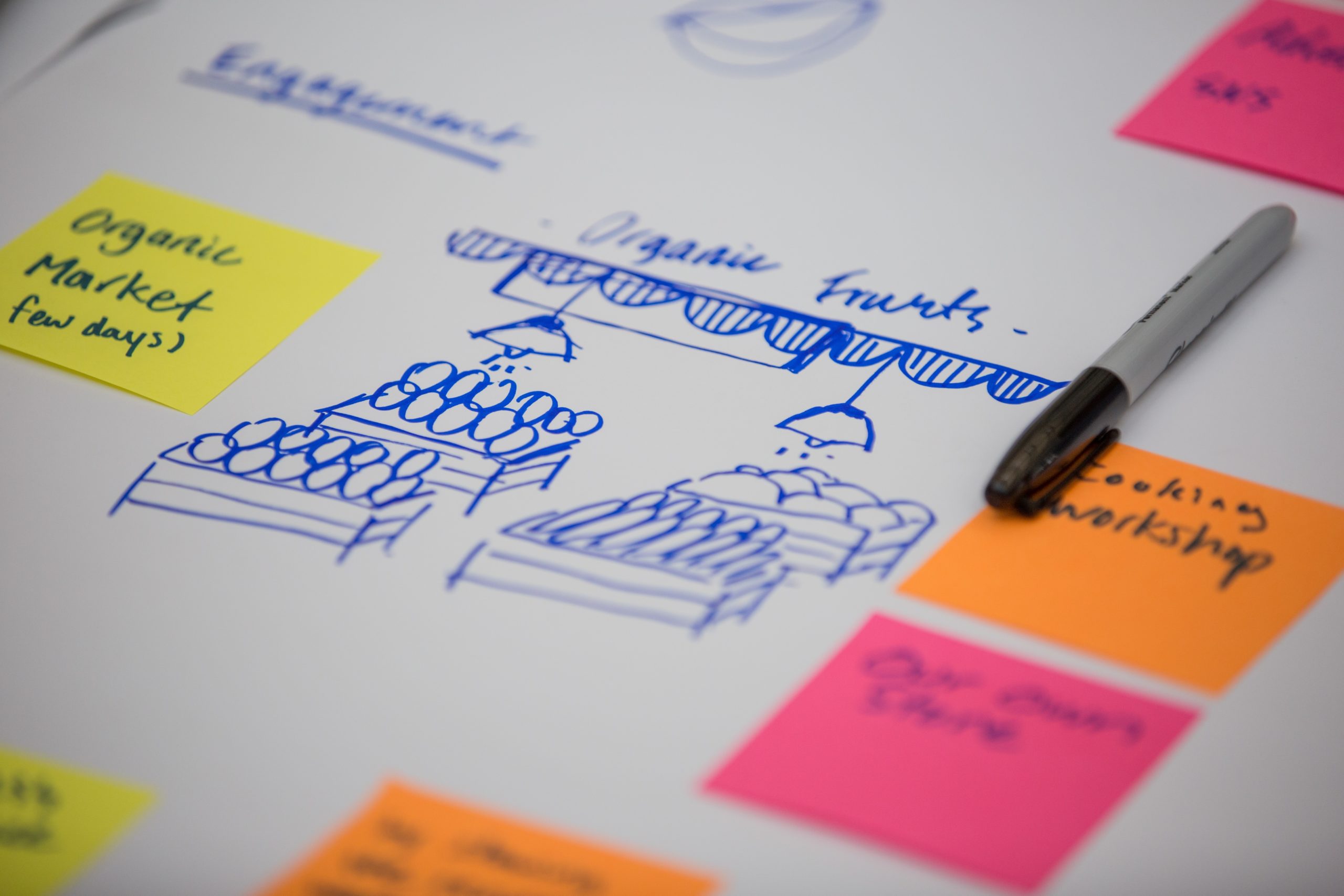Answering the question of how to build customer loyalty in B2B is imperative today.
In nearly every B2B business, innovation is disrupting established patterns and affecting B2B customer loyalty. Socio-economic events like the pandemic, recession, supply chain issues, and inflation further upset loyal customer relationships. Competition remains a constant threat.
You need a specific strategy when it comes to creating and sustaining customer loyalty in B2B. And that customer retention strategy needs a solid knowledge foundation.
Defining success: Why metrics are the foundation of your customer loyalty strategy
You need to measure what will create loyalty, build it, and ultimately sustain it. With those insights, you can develop a strategy for custom loyalty in B2B. Measuring isn’t a once-and-done activity. You will need to monitor progress as you execute your customer retention strategy, so you can fine-tune and even pivot when necessary. You will build brand trust and durable, long-lasting customer relationships that are the heart of customer and brand loyalty.
Answers you need for a customer and brand loyalty strategy
What drives customer loyalty in your industry?
While it is nice to know the top drivers of customer loyalty in general, you need specifics about your brand health to drive your new and existing customer strategy.
- What factors matter most in products and services like ours?
- What features and benefits are most valuable to you?
- How satisfied are you with your choices today?
- What is missing? What do you wish you had?
How does your B2B company, products, and services stand today?
Establish a baseline against which you can measure the success of your strategy. What is your starting point?
- What do you like/dislike about our product or service today?
- How satisfied are you?
- What can we do better?
- Have you recommended us? If so, what do you say?
- How likely are you to buy again?
How are competitors performing?
Because we don’t do business in a vacuum, getting a competitive context is invaluable.
- Which competitors are the best and why?
- How do we stack up against them? What are our relative strengths and weaknesses?
- How likely are you to switch? For what reasons?
What changes will impact loyalty in the future?
What worked yesterday may not work tomorrow. And change is an opportunity if you can look ahead.
- How are your product expectations evolving?
- What do you want in terms of your B2B customer experience?
- How do you see your B2B business changing in the coming years?
Real–world examples: Using market research for stronger customer relationships
Winning in a highly competitive, easy-to-switch creative industry
A digital marketing agency captured insights into how C-suite decision–makers chose creative agencies and a deep understanding of how they contracted vendors in brand awareness and design, customer experience, digital transformation, and new product development.
Bringing disruptive technology to market
A cloud software innovator wanted to launch a new way to develop advertising strategies and processes. They needed to know how willing decision-makers would be to use machine learning and AI in their work. They weren’t the only B2B company launching this technology, so they needed to know how they stacked up against fast-moving and formidable competitors. And to stay on track, they needed to set up ongoing brand tracking.
Strengthening a leadership position
Tableau empowers organizations to see and understand their data in a world of information overflow. Yet, in a crowded market of visual analytics platforms, sustaining innovation is as challenging as disrupting the space. With solid competitive intelligence on user awareness, perception, and usage against the competition and tracking customer feedback, they could position their platform for continued dominance.
Quickly adjust to an evolving business environment
A global life sciences company needed to keep up with changes to the healthcare, pharma, and biotech landscapes in the wake of Covid-19. It was more important than ever to get a realistic view of brand perceptions and risks across key stakeholder groups, including brand trust and safety. And they needed to uncover future strategic opportunities to continue to stand out, increase trust and confidence, and build positive perceptions.
When it comes to building customer loyalty in B2B, developing a solid knowledge base that defines where you are today, where the opportunity is tomorrow, and what B2B loyalty strategies will drive your business forward is a must.

